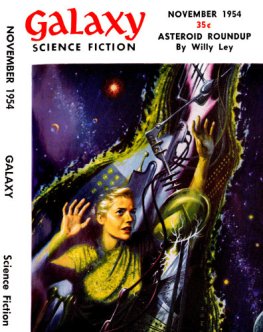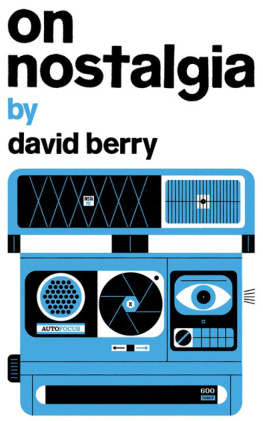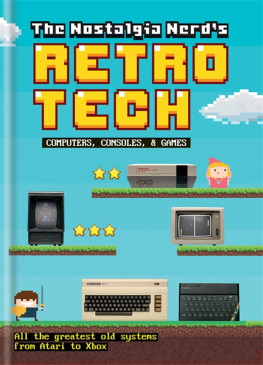What people are saying about
The Circle of the Snake
Whether it is dissecting the utopian fantasies of Big Tech gurus, revealing the political economy of the nostalgia industry, or uncovering exploitation in the global division of digital labor, The Circle of the Snake is just the guide we need to navigate, resist, and transform the online world. In precise, accessible prose, Grafton Tanner offers a much-needed vision of democratic alternatives to surveillance capitalism.
Vincent Mosco , author of The Smart City in a Digital World
In an age of platform capitalism in which state power is transformed by Big Tech conglomerates who exercise increasing power over our movements, thoughts and ideologies, Grafton Tanner finds a way out via critique. Our particular brand of capitalism is best understood through a nostalgia industry which it uses to sustain itself, Tanner shows. Everything from popular culture, politics and music to fashion, TV and videogames can be seen as bound up with forms of nostalgia inherently connected to our economic conditions. By understanding nostalgia, Tanner lays bare our ideologies and confronts not only the historical development of capitalism but the particular condition of todays digital corporate world.
Alfie Bown , author of The PlayStation Dreamworld
The Circle of the Snake
Nostalgia and Utopia in the Age of Big Tech
The Circle of the Snake
Nostalgia and Utopia in the Age of Big Tech
Grafton Tanner
Winchester, UK
Washington, USA
First published by Zero Books, 2020
Zero Books is an imprint of John Hunt Publishing Ltd., No. 3 East St., Alresford, Hampshire SO24 9EE, UK
www.johnhuntpublishing.com
www.zero-books.net
For distributor details and how to order please visit the Ordering section on our website.
Grafton Tanner 2019
ISBN: 978 1 78904 022 7
978 1 78904 023 4 (ebook)
Library of Congress Control Number: 2019948943
All rights reserved. Except for brief quotations in critical articles or reviews, no part of this book may be reproduced in any manner without prior written permission from the publishers.
The rights of Grafton Tanner as author have been asserted in accordance with the Copyright, Designs and Patents Act 1988.
A CIP catalogue record for this book is available from the British Library.
Design: Stuart Davies
UK: Printed and bound by CPI Group (UK) Ltd, Croydon, CR0 4YY
US: Printed and bound by Thomson-Shore, 7300 West Joy Road, Dexter, MI 48130
We operate a distinctive and ethical publishing philosophy in all areas of our business, from our global network of authors to production and worldwide distribution.
Contents
Guide
Also by Grafton Tanner
Babbling Corpse: Vaporwave and the Commodification of Ghosts
(ISBN 978-1-78279-759-3)
To Anna,
The world is brighter with you in it
Se acabo el tiempo de la esclavitud.
- Versatronex employee Joselito Muoz
Surfing has already replaced the older sports.
- Gilles Deleuze
Who dares dissent from the gospel according to Silicon Valley?
- Mark Fisher
Seventeen years before employees at the Foxconn City industrial park in Shenzhen, China committed suicide by throwing themselves from factory buildings, workers at Versatronex Corporation in Silicon Valley organized a protest. Sick of working with toxic chemical baths without health insurance, women factory workers launched a hunger strike while men camped in tents outside the headquarters in solidarity. Most were Central American, Mexican, and Filipino immigrants. They were paid paltry wages and denied information about the dangers of the chemicals involved in manufacturing electronics, for clients like IBM and Digital Microwave Corp. The strike ended in November 1992, and by January 1993, Versatronex was closed. Instead of meeting the demands of workers by opening safer factories in the U.S. and paying respectable wages, Silicon Valley outsourced its manufacturing overseas.
The digital technologies of the twenty-first century can only exist thanks to this kind of outsourced labor. The relative invisibility of the tech supply chain is part of the ruse; American consumers do not see where smartphones come from. They do not see the conflict zones where coltan is mined to be used in electronic devices, or the sweatshops in which digital products are manufactured. The latest technologies arrive instead in pristine condition, as if delivered from on high. New tech developments are displayed on vast stages by their designers, who act as sorcerers demonstrating the mighty transformative power of their products. Currently our technologies are made by people, but with advancements in machine learning and automation, that will likely change. If Foxconns specialized robots Foxbots outpace human labor, they will make our smartphones instead.
In the meantime, workers in China, South Korea, Indonesia, the Philippines, Vietnam, Thailand, and other countries around the world are the ones producing consumer electronics, oftentimes working in disturbing conditions to meet outrageous demands. In 2007, when Steve Jobs decided at the last minute to make the iPhones screen out of glass, 8,000 workers at a factory-built dormitory in China were awakened in the middle of the night. They were each given tea and a biscuit to labor around-the-clock, assuring Jobs deadline would be met.
Similarly, we dont see the human labor that ensures the largest social media companies in the world run smoothly. Content moderators scour the filth and refuse uploaded to Facebook, Instagram, and Twitter and do so earning undignified wages in workplaces where productivity is constantly tracked. The sheer volume of questionable posts on these sites combined with unreasonable expectations has engendered a public health crisis gone largely unnoticed. Moderators suffer from mental illnesses, and over time employees often find themselves numb to the appalling things theyve seen. Some start believing in the very conspiracies they are tasked with removing. Part of the job of a content moderator involves chasing down and deleting the extreme emotional reactions users post online in order to give the appearance that social media are open platforms for measured public debate. But the algorithms that structure social media often facilitate a hostile kind of debate punctuated with quick flashes of emotions.
In 2013, the same year that psychologist Ethan Kross published a paper revealing that Facebook undermines wellbeing, scientists at Beihang University proved that the emotion spread most widely through social networks is anger. Joy, sadness, and disgust, which the scientists also mapped, could not compete. Even in 2013, this finding came as no surprise. Anyone who has spent considerable time on social media might attest that it can be a hostile place. After all, anger garners clicks, which is a boon for corporations whose primary business goal is capturing your attention.













